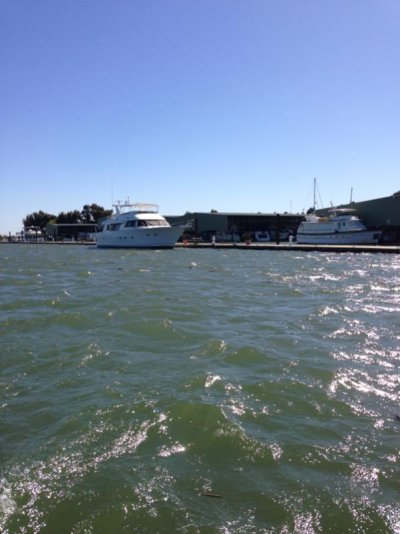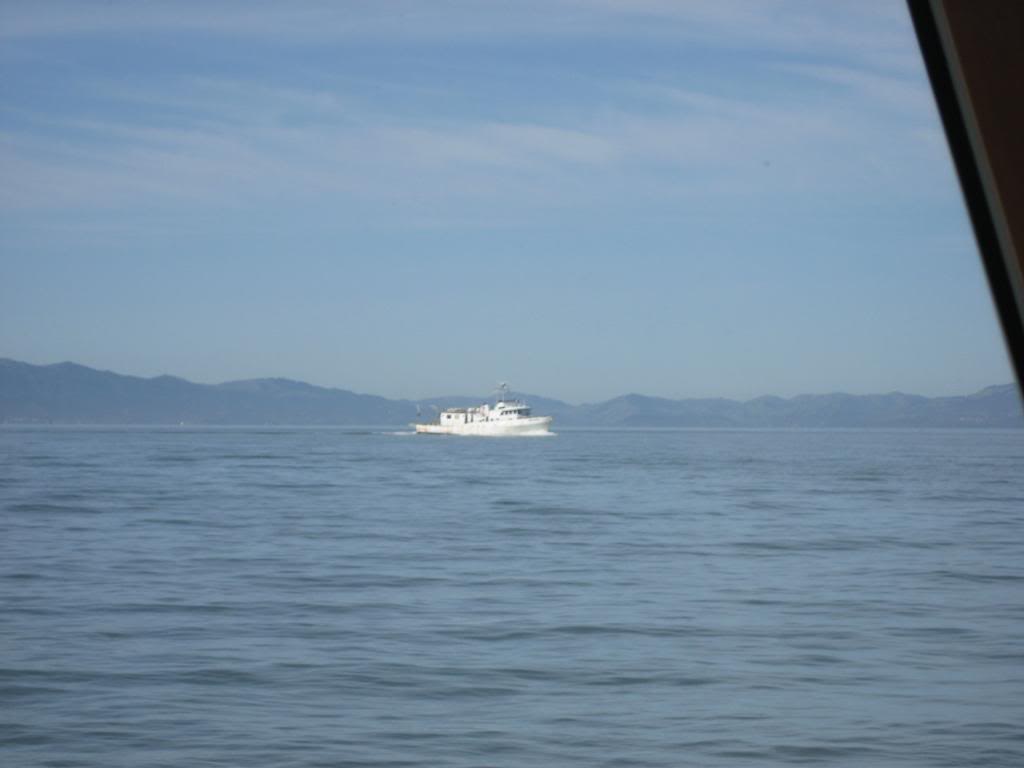I searched the forum and found a few nuggets of info regarding this topic but decided to post to try to get a little more specificity.
We are not currently boat owners and have never owned a boat larger than 20ft. We intend to charter the larger boats to get a feel for what we like/dislike. Our current plan is to purchase in about 5 to 7 years to have our boat to use when we retire in about 11yrs. We may place the boat in the charter fleet until we retire where then we plan on living aboard about half the year with our intended cruising grounds in the Florida, east coast, Bahama's and Caribbean (maybe). For the 1/2 year of living aboard, we intend on being on the move to the destinations mentioned. It would just be my wife and I with a rare occasional guest couple.
My root question is how big of a boat? So I understand that is a personal preference thing but knowing what you all know and the pros/cons with regard to marinas, boat maintenance, accessibility to cruising grounds, is there a demarcation point for length? On the search I did, one post indicated 60ft as a point where anything above gets difficult to find marina slips. Another post on another forum suggests 50ft.
Thanks.
Wade
We are not currently boat owners and have never owned a boat larger than 20ft. We intend to charter the larger boats to get a feel for what we like/dislike. Our current plan is to purchase in about 5 to 7 years to have our boat to use when we retire in about 11yrs. We may place the boat in the charter fleet until we retire where then we plan on living aboard about half the year with our intended cruising grounds in the Florida, east coast, Bahama's and Caribbean (maybe). For the 1/2 year of living aboard, we intend on being on the move to the destinations mentioned. It would just be my wife and I with a rare occasional guest couple.
My root question is how big of a boat? So I understand that is a personal preference thing but knowing what you all know and the pros/cons with regard to marinas, boat maintenance, accessibility to cruising grounds, is there a demarcation point for length? On the search I did, one post indicated 60ft as a point where anything above gets difficult to find marina slips. Another post on another forum suggests 50ft.
Thanks.
Wade




